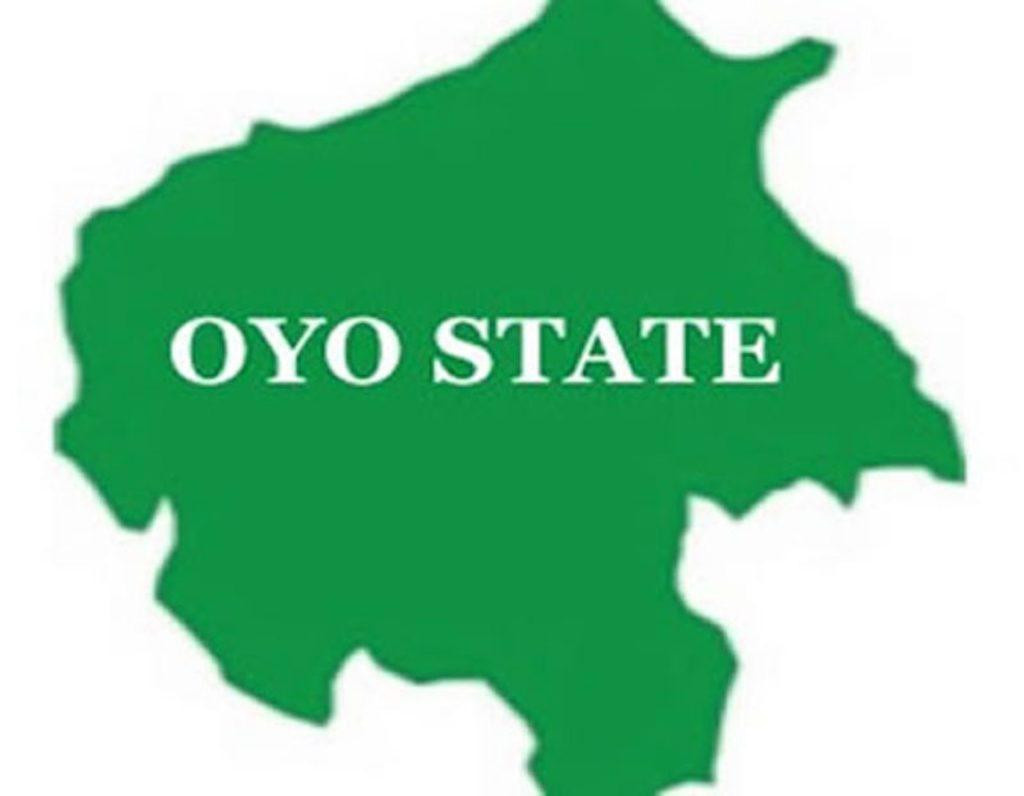Between January and August 2021, the value added tax, VAT, revenue generated by Oyo State was N64.646 billion, which was greater than the combined VAT revenue of Benue (N1.268 billion), Kogi (N3.286 billion), Kwara (N3.471 billion), Nasarawa (N2.495 billion), Plateau (N5.208 billion), Niger (N3.723 billion), Adamawa (N3.689 billion), Bauchi (N5.309 billion), Borno (N3.442 billion), Gombe (N4.028 billion), Taraba (N1.756 billion), Yobe (N9.445 billion), Jigawa (N3.375 billion), Katsina (N3.738 billion), Kebbi (N1.284 billion), Sokoto (N4.978 billion) and Zamfara (N598.33 million) states which stood at N61.174 billion, and N3.472 billion less than the amount generated by pacesetter state.
According to Nigerian Tribune’s analysis of VAT revenue generation and allocation between within the period, Lagos, Oyo and Rivers states, with the highest VAT revenue, subsidise the other 33 states with respect to VAT as the trio take far less than they generate while the other states earn more from the sales tax than they contribute into the federation account.
The analysis also revealed that although Lagos State generated N429.203 billion, the state only got N139.587 billion (32.52 per cent) of VAT revenue generated.
 Source: https://currencyrate.today/converter-widget
Source: https://currencyrate.today/converter-widget

In the same vein, Rivers State generated N90.293 billion within the same period but got N46.270 billion (51.24 per cent), while Oyo State generated N64.646 billion but was allocated 45.136 billion (69.8 per cent).
Nigerian Tribune findings also showed that the revenue generated by Oyo State in the period under review is more than the total amount generated by 17 of the 19 northern states.
While the VAT revenue generated by Oyo State within the period under review was N64.646 billion, the combined VAT revenue of Benue (N1.268 billion), Kogi (N3.286 billion), Kwara (N3.471 billion), Nasarawa (N2.495 billion), Plateau (N5.208 billion), Niger (N3.723 billion), Adamawa (N3.689 billion), Bauchi (N5.309 billion), Borno (N3.442 billion), Gombe (N4.028 billion), Taraba (N1.756 billion), Yobe (N9.445 billion), Jigawa (N3.375 billion), Katsina (N3.738 billion), Kebbi (N1.284 billion), Sokoto (N4.978 billion) and Zamfara (N598.33 million) states stood at N61.174 billion, which is N3.472 billion less than the amount generated by Oyo State.
Similarly, Rivers State generated N90.293 billion, which is higher than the N85.666 billion combined revenue generated by Benue, Kogi, Kwara, Nasarawa, Plateau, Niger, Adamawa, Bauchi, Borno, Gombe, Taraba, Yobe, Jigawa, Katsina, Kebbi, Sokoto, Kano and Zamfara, 18 of the 19 northern states within the period under review, while Lagos State generated N429.203 billion, which is more than the N339.722 billion generated by all the 19 northern states and the FCT.
North-Central zone with N19.451 billion had the lowest VAT revenue in the period under review.
The South-East had N23.548 billion, the North-East generated N27.75 billion, North-West had N56.727 billion, the South-South had N135.814 billion, while the FCT generated N235.794 billion.
The South-West had the largest share of the VAT revenue shared during the period under review as it got a total of N276.493 billion but that is just 53.28 per cent of the N518.856 billion it generated.
North-West zone got the second highest allocation of N219.813 billion.
This is 387.49 per cent of the N56.727 billion generated. South-South got N162.598 billion, which represents 119 per cent of the N135.814 billion generated by the zone.
North-East zone, in the period under review, was allocated N130.413 billion, which is 469.9 per cent of the N27.75 billion it generated.
The North-Central got N129.154 billion, representing 663.9 per cent of the N19.451 billion generated by the zone, while the South-East got N109.629 billion, representing 465.5 per cent of the N23.548 billion it generated during the period under review.
Zamfara State, which generated the lowest amount of N598 million during the period under review, had the fifth highest allocation of N35.716 billion within the same period. This is 5,972.6 per cent of what it generated.
Similarly, Benue State, which generated N1.268 billion, got N24.527 billion, representing 1,934 per cent of what it generated.
Kebbi State got N22.162 billion, which is 1,726 per cent of the N1.284 billion it generated, while Imo State got N25.111 billion, amounting to 1,293.7 per cent of the N1.941 billion it generated.
Under the current VAT sharing formula, the Federal Government gets 15 per cent of the total revenue. Fifty per cent goes to the states, while 35 per cent is shared by the 774 local governments.
In addition, each state keeps 20 per cent of the VAT revenue derived from it, while 30 per cent of the VAT is allocated based on the population of the states, and 50 per cent is then shared equally.
The sharing formula has come under serious attack in recent times as, at least, three states are seeking the intervention of the courts to effect a change of the current arrangement so that states can keep the VAT revenue they generated.
On Monday, August 9, 2021, the Federal High Court sitting in Port Harcourt and presided over by Justice Stephen Dalyop Pam, in Suit No. FHC/PH/CS/149/2020, filed by the Attorney General for Rivers State (plaintiff) against the Federal Inland Revenue Service (first defendant) and the Attorney-General of the Federation (second defendant), declared that it is the Rivers State government and not the Federal Inland Revenue Services (FIRS), that should collect VAT and Personal Income Tax (PIT) in the state.
The court also issued an order of perpetual injunction restraining the Federal Inland Revenue Service and the Attorney-General of the Federation from collecting, demanding, threatening and intimidating residents of Rivers State to pay to FIRS, personnel income tax and Value Added Tax.
But the FIRS approached the Appeal Court to stop the execution of the judgment.
The Appeal Court, in an interim order given on September 10, 2021 ruled that both Rivers State and the FIRS should maintain status quo on the issue of VAT collection.
Not satisfied with the order, Rivers State approached the Supreme Court, praying it to set aside the Appeal Court’s ruling and asking it to disband the panel of the court which gave the interim order, and order another one to be constituted to hear the case.
















No Comment